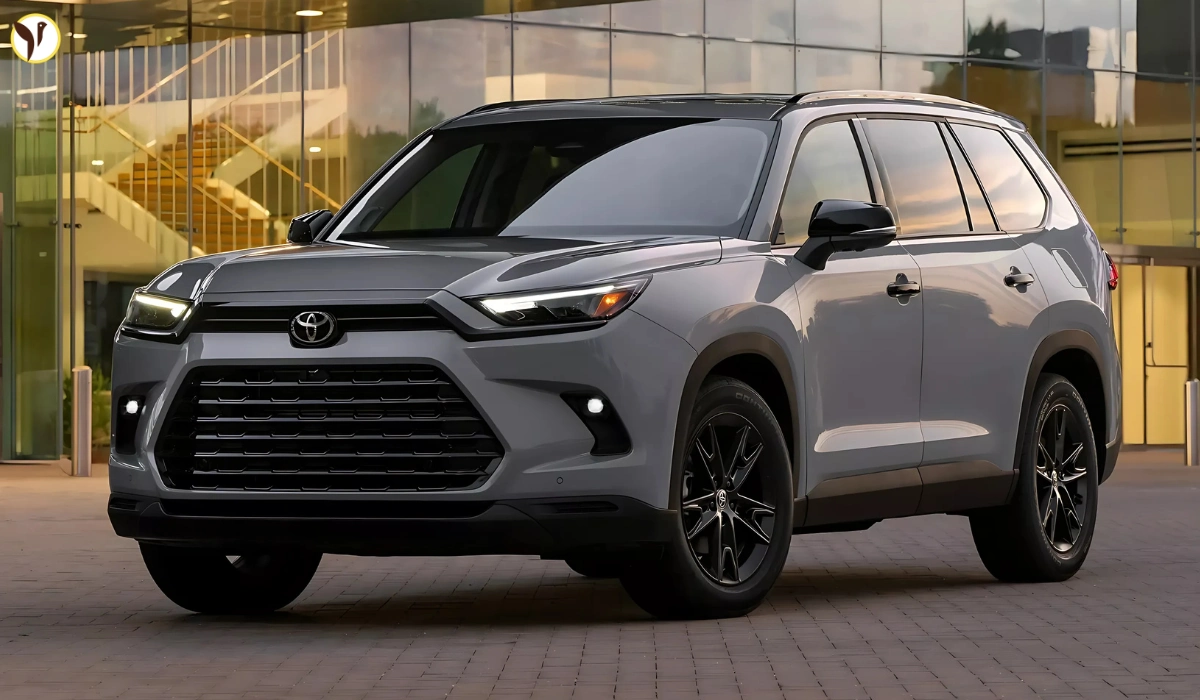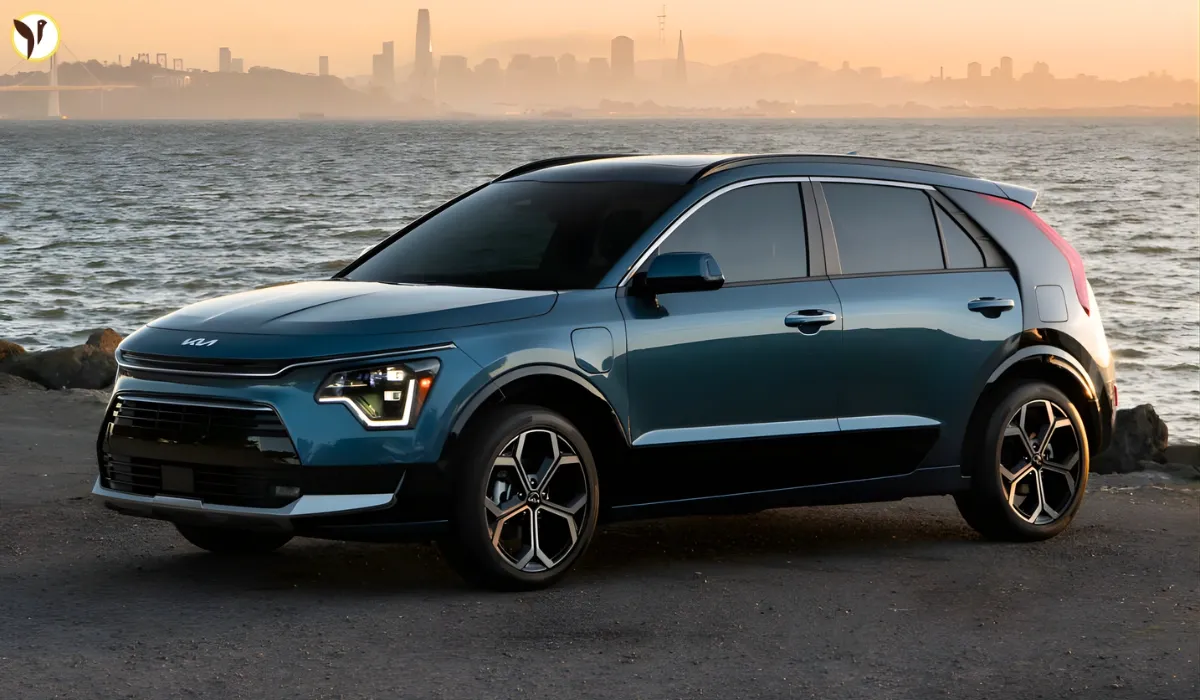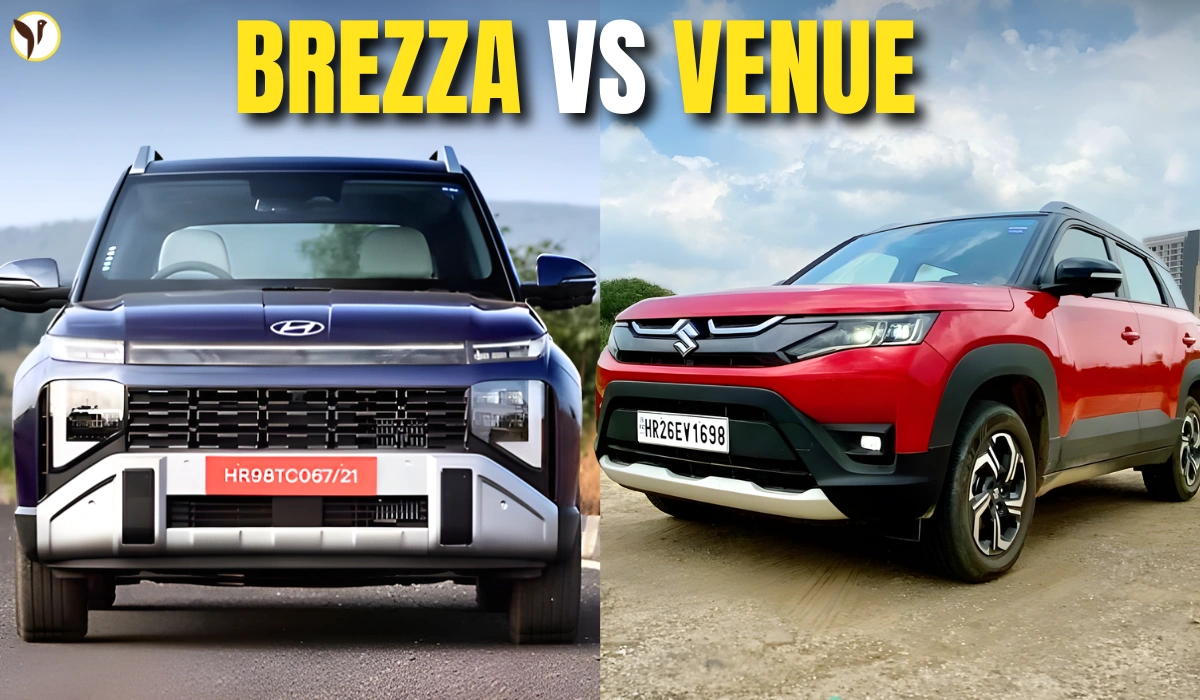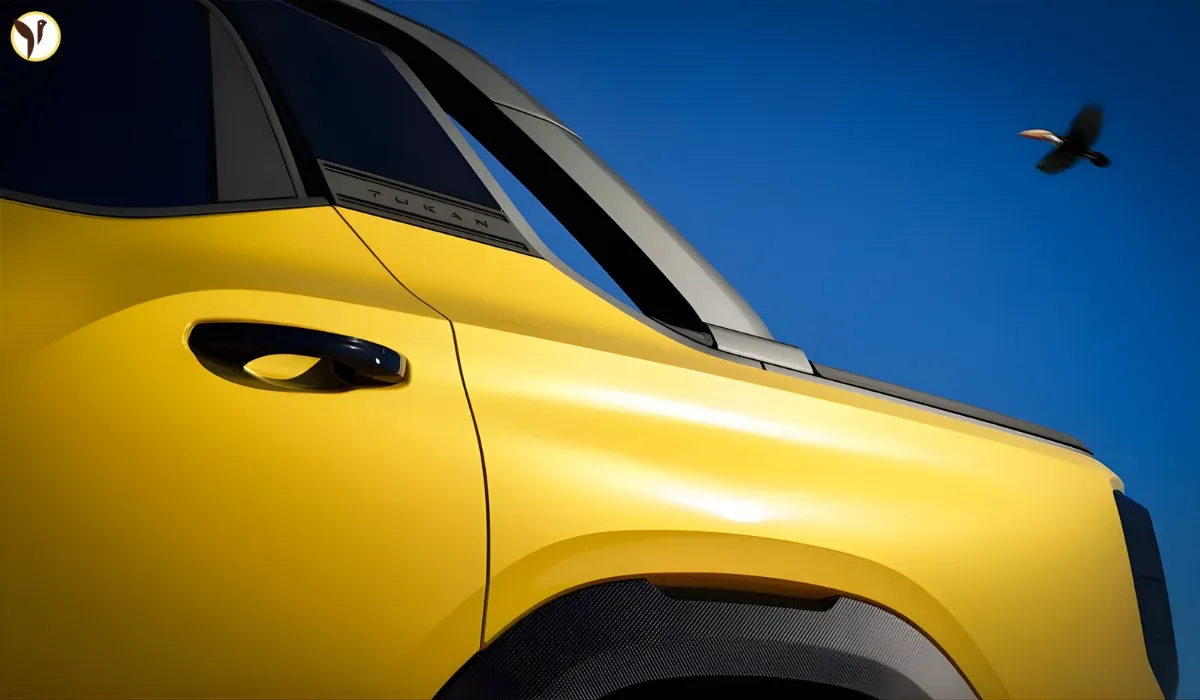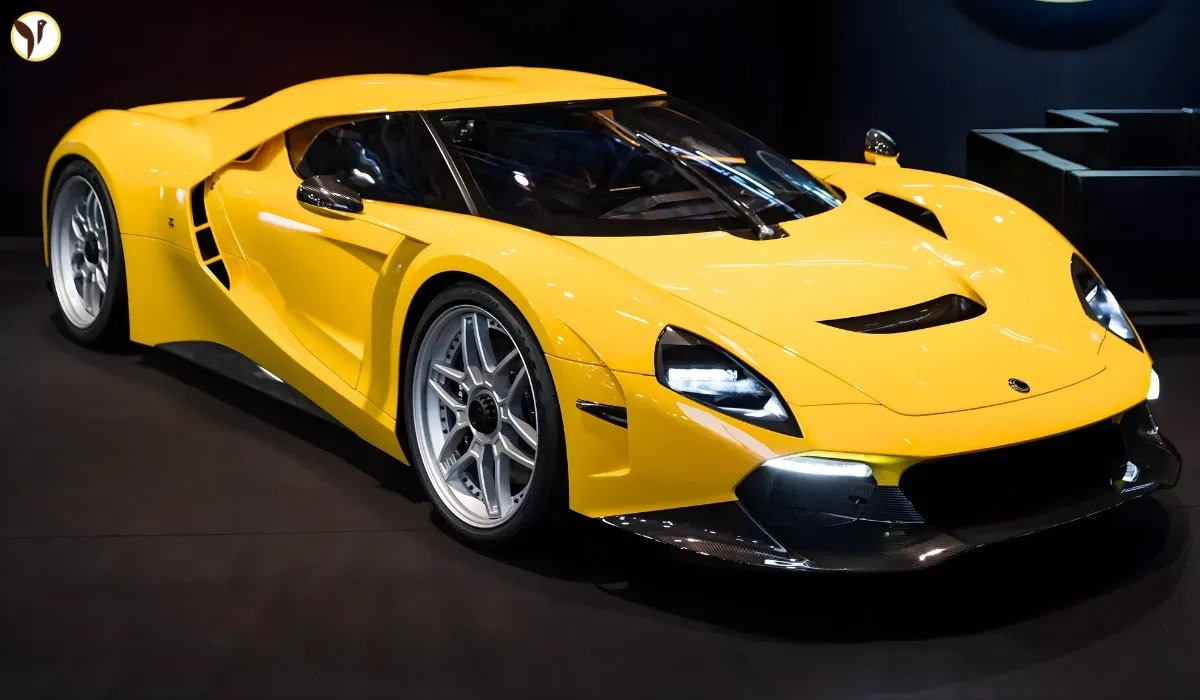Toyota stunned the auto industry by revealing it was delaying the debut of its forthcoming electric SUV in the U.S., pushing the production start from 2027 to 2028. Why? Because the gas and hybrid Grand Highlander is flying off the showroom floor and Toyota needs every assembly line available to meet demand. It is a decision that shows changing consumer behavior and gives us a peek into how Toyota is handling its delicate transition into EVs.
Demand Over Drive: Gas Highlander Soars, EV Takes Backseat
Toyota has experienced a tremendous surge in demand for the Grand Highlander, a spacious gas/hybrid midsize SUV. In June, dealers reported running only a three day supply left on their lots as buyers were buying them as fast as they could be delivered. Meanwhile, sales of electric vehicle remain tepid. Instead of risking exhausting supplies of Highlanders, they acted to postpone their electric SUV project altogether, re-organizing their assembly lines, to maximize Highlander production. This clearly shows, for U.S. buyers, gas-powered SUVs still have far more demand than electric ones.

Shifting Gears: EV Production Moves to Kentucky
Toyota was set to produce its new electric SUV in Princeton, Indiana, in 2027. Instead, production will return to Georgetown, Kentucky starting in 2028. This also aligns with another electric three-row SUV in late 2026. The shift brings all EV production to one plant in the U.S. and will allow Indiana to build more gas-powdered Highlanders. This makes more sense, allowing Toyota to satisfy sales while making plans for electric growth.

What This Means for U.S. EV Buyers
For American consumers hoping to buy Toyota's electric future, the news adds further delay. The new electric SUV will be delayed at least a year and with federal EV tax credits unclear, Toyota seems to take a wait and see approach. They will maintain a multi-energy strategy, but still support hybrids, gas, EV's, and hydrogen at the same time. It may sound sensible in a changing market place, however it also shows that affordability and consumer demand is still clearly favoring hybrids and gas SUV's, for the time being.

What to Watch: Highlander, EV Trends, and Tax Credits
This brings us to a very interesting place within the U.S. marketplace.
- Highlander Shortage: If you desire a Grand Highlander soon, plan for quick turnaround or long wait.
- EV Tax Credits: Pending legislation could eliminate EV credits, which may impact consumer demand.
- EV Launch Timeline: New Toyota EV vehicles will be produced in Kentucky in "Twenty Six" (three-row) and "Twenty Eight" (mid-size SUV).
- Hybrid Strength: Toyota is still heavily relying on hybrids, which are perceived to be widely accepted and robustly efficient.
For consumers considering the Toyota EV opportunities, be alert - it appears that Toyota is exercising caution within a rapidly changing environment while considering their options until the EV supply/demand is aligning.
Toyota EV Delay – US Spec Overview
| Feature | Details |
| Affected Vehicle | Mid‑size electric SUV production |
| Original Start Date (US) | 2027 (Princeton, IN plant) |
| New Start Date | 2028 (Georgetown, KY plant) |
| Reason for Delay | High demand for Grand Highlander gas/hybrid SUV |
| Hillback SUV Production | Shift to deepen Highlander inventory |
| Additional EV Project | Another three-row electric SUV – planned for late 2026 in Kentucky |
| Policy & Market Influence | Slower EV adoption and changing federal tax credits impacting EV demand |
Conclusion
Toyota’s decision to push back the launch of their electric SUV to 2028 is a clear sign of today's automotive reality: U.S. buyers are still predominantly buying gas SUVs and hybrids, particularly among model nameplates they trust, like the Grand Highlander. Instead of hurrying into the EV space, risking slow sales and/or supply issues, Toyota is taking the long route, while doing what they do best: satisfying current ask while preparing for an electric future.
If you are in the market of a family-sized Toyota SUV, the gas or hybrid Grand Highlander is your best option for now. Conversely, if you are waiting on an affordable, three-row Toyota EV - you'll need to wait a little while longer.
Source(Image / Thumbnail): carscoops
